What Causes Snoring?
Snoring occurs when airflow is partially blocked as it passes through your throat and nasal passages during sleep. This obstruction causes the tissues to vibrate, producing the familiar snoring sound. Check out this explanation from Dr. Michael Breus, also known as "The Sleep Doctor":
Can promo his book https://amzn.to/41864gf
What's so bad about snoring?
Snoring isn’t just a nuisance for your partner—it can be a sign of underlying health issues like sleep apnea, which can disrupt your breathing and reduce oxygen levels while you sleep. It turns out, prolonged snoring can lead to:
- Experiencing fatigue during the day
- An increased risk of cardiovascular problems
- Declining cognitive function
- The development of chronic headaches
The Nose vs. Mouth Breathing Debate
Switching from mouth to nose breathing can make a difference in your health and sleep quality. Here are a few reasons experts say you should stop breathing through your mouth:
- To prevent bad breath and dry mouth
- Helps to avoid tartar buildup
- Reduces your chances of getting sick
- Combats feelings of exhaustion
If you’re curious about trying mouth tape, we came across ZZZ Tape, and it’s an interesting option. It’s designed to gently guide you toward nose breathing while you sleep, helping to reduce your snoring and promote better overall rest.
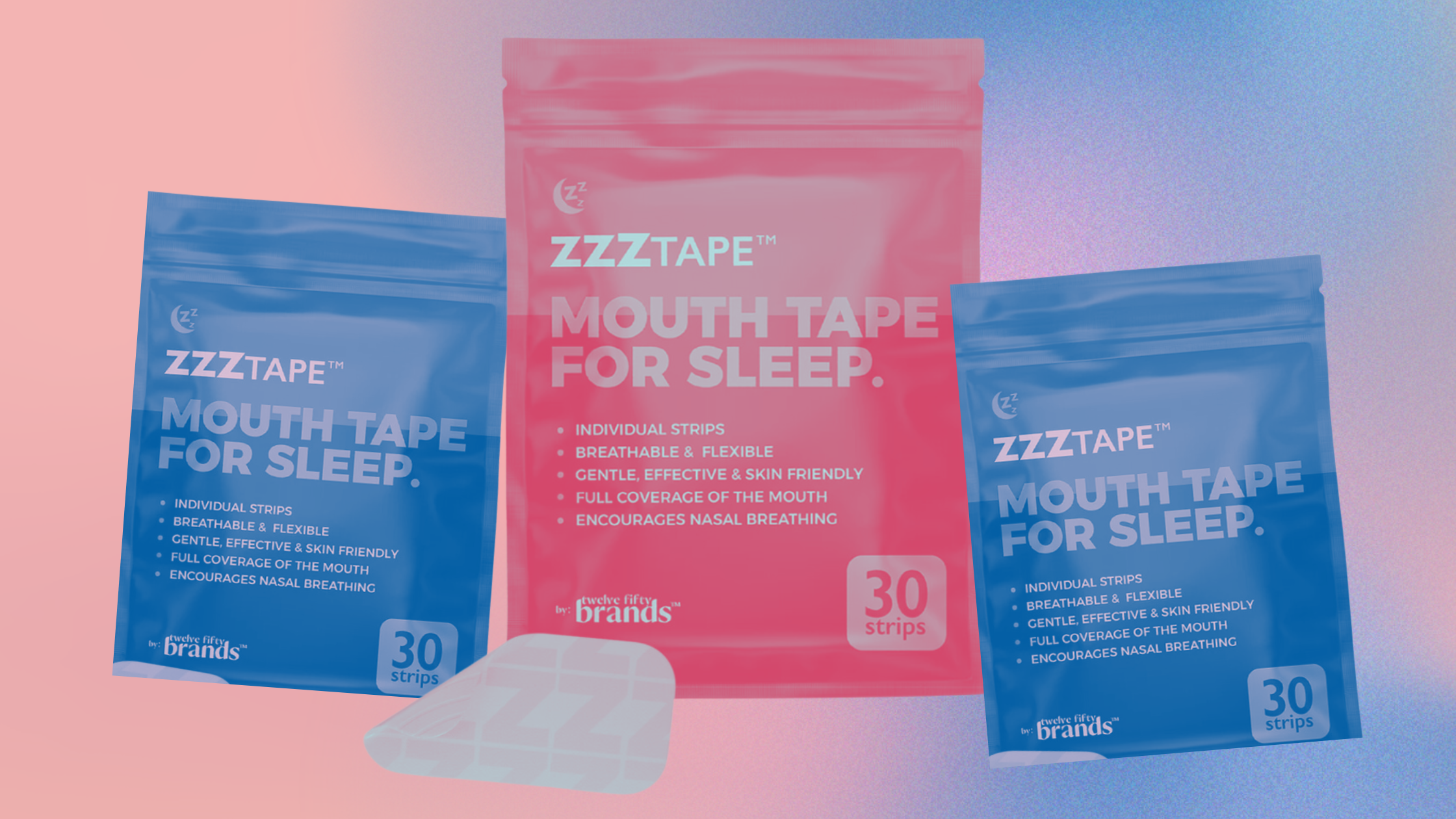
If mouth breathing has been disrupting your sleep, this might be an easy way to start improving your sleep tonight!
Does Mouth Taping Work for Snoring?
Mouth taping seems to be gaining popularity as a super simple, low-cost solution to snoring. Taping the mouth effectively encourages nose breathing, as it reduces vibrations in the throat (aka snoring!) while improving our oxygen intake.
Why is Sleep so Essential?
As it turns out, quality sleep is critical for:
- Our cognitive function, memory, and learning
- Regulating our emotions
- Our physical health and recovery
- Our overall life expectancy
Tips to Improve Your Sleep Tonight
In this video from Dr. Matthew Walker, a leading sleep expert, we picked up a few helpful tips for a better night's rest. From optimizing your sleep environment to creating a consistent bedtime routine, Dr. Walker's advice should be able to help almost anyone sleep deeper and longer.
Supplements for Better Sleep
Struggling to fall asleep or stay asleep? Neuroscientist Dr. Andrew Huberman recommends three natural supplements to add to your evening routine:
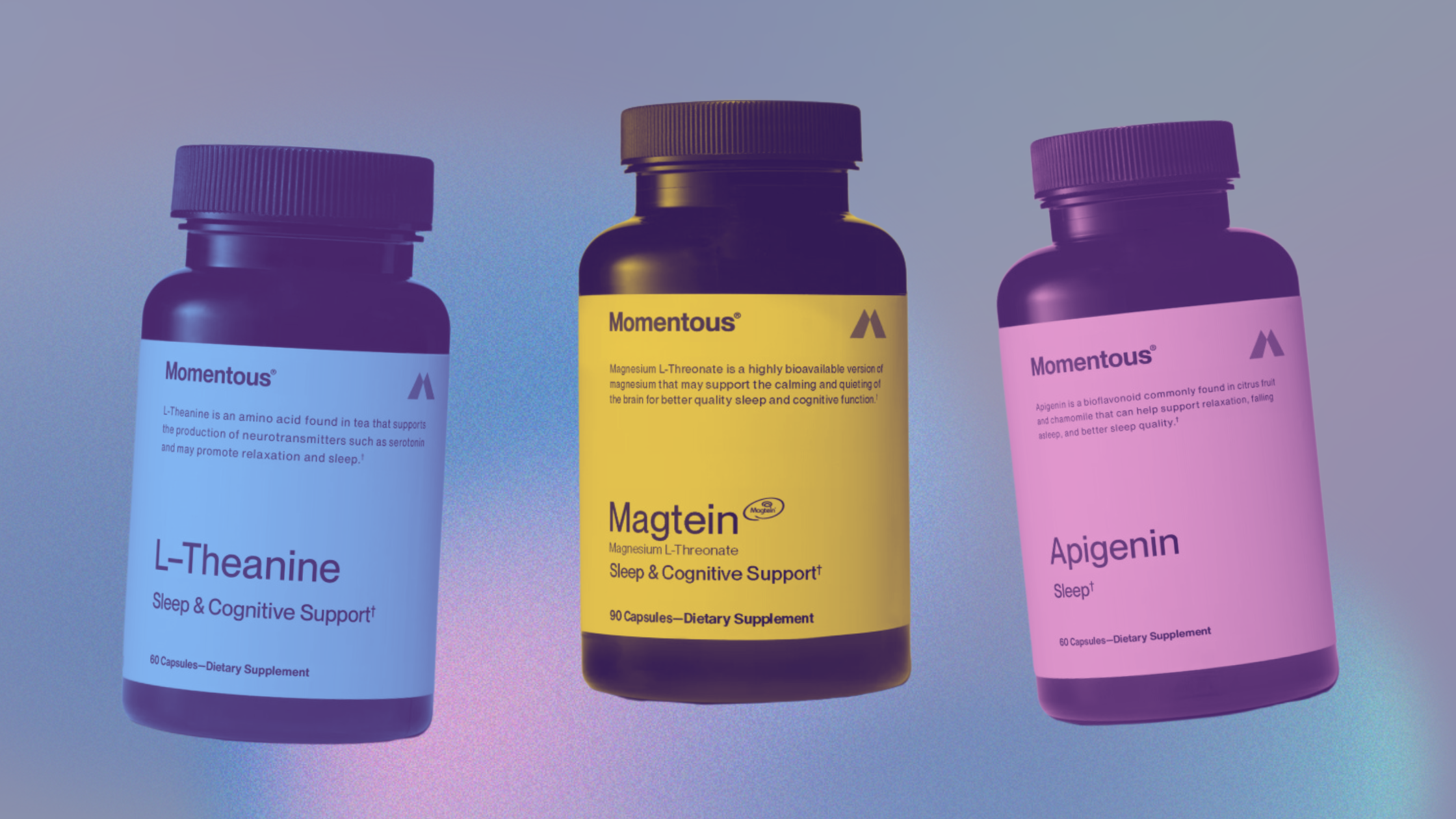
- Magnesium L-Threonate: Supports relaxation and brain health, helping you fall asleep faster.
- Apigenin: Helps promote calmness and relaxation, which helps you feel sleepy.
- L-Theanine: A blend of natural compounds to ease stress and support restful sleep.
Momentous Supplements stood out as an excellent choice in our search for the best supplement provider. Their commitment to using clean, high-quality ingredients, and backing their products with science is something very important when it comes to individual health and well-being. They also undergo a rigorous testing process to ensure the safety and effectiveness of their products, making them a brand we trust for supporting better sleep and overall health!
Work with a Specialist to figure out the Problem
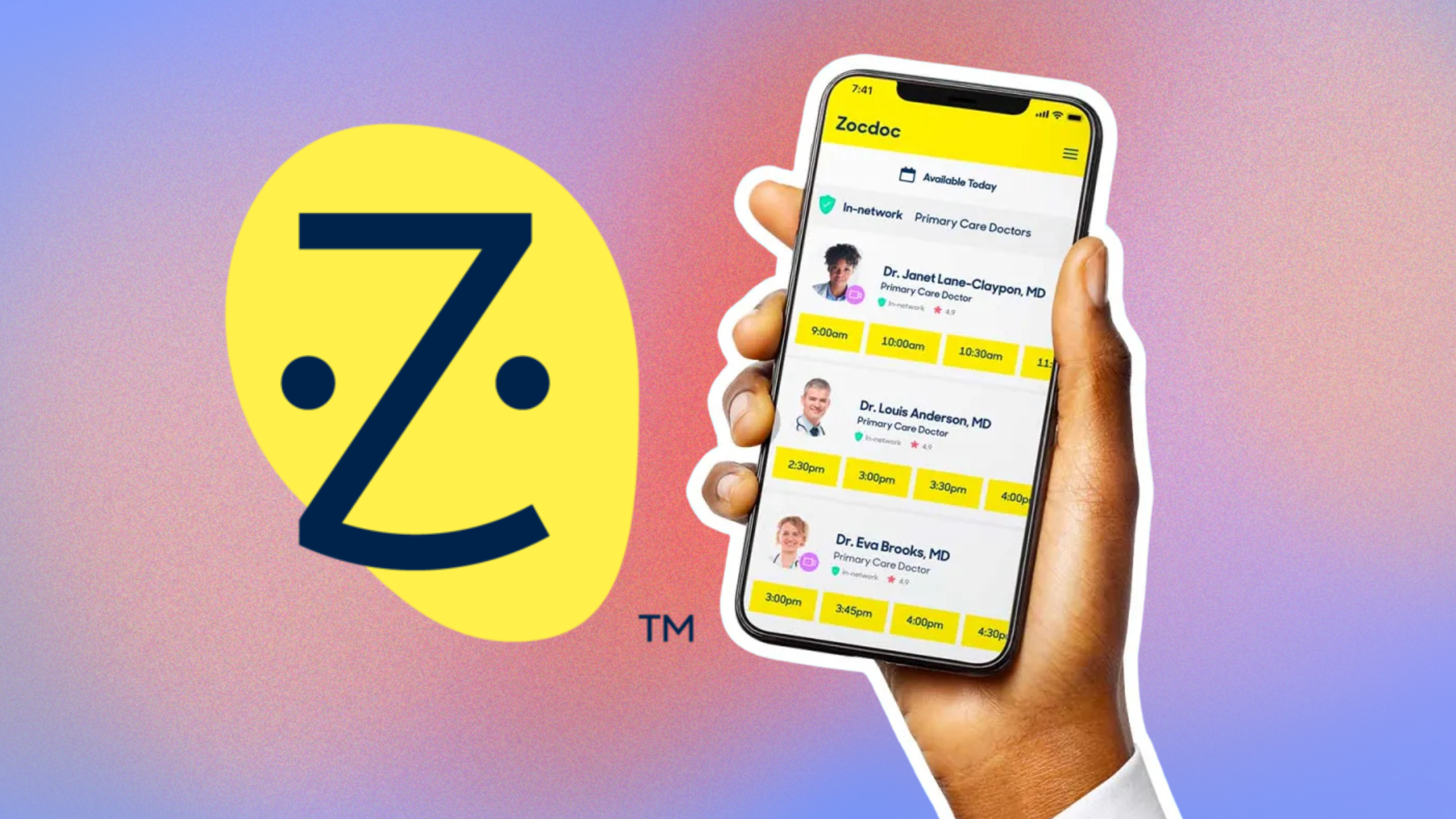
If you’re still feeling unsure about the cause of your snoring and want to get to the bottom of it quickly, perhaps seeing a sleep specialist could be the next step in your journey. After researching our options, we found Zocdoc to be one of the best tools for finding sleep labs and specialists local to you. Zocdoc offers an easy way to connect with trusted professionals in your area, helping you take the next step toward better sleep!
Looking Ahead...
Tomorrow, we’ll be tackling the role of electrolytes and hydration in improving your sleep and overall health. Make sure you don't miss out!
Today's Host

BoostHealthDaily Host
Featured Health Specialists

Dr. Breus is a double board-certified clinical psychologist and sleep expert.
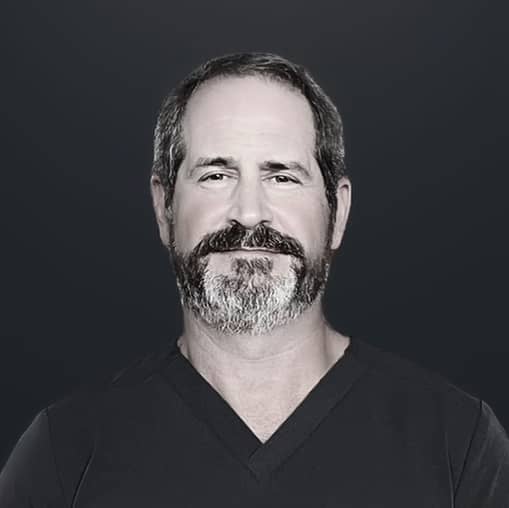
🫀Board Certified Cardiovascular Surgeon🫀

▫️ The Natural Plastic Surgeon ▫️ Board Certified Breast and Body Expert

Professor of Neurobiology & Ophthalmology at Stanford Medicine • Host of the Huberman Lab podcast • Focused on science & health research & public education

Professor of Neuroscience @ UC Berkeley · Sleep Scientist · Author: Why We Sleep · Naïve Podcaster

Professor of Neurobiology & Ophthalmology at Stanford Medicine • Host of the Huberman Lab podcast • Focused on science & health research & public education

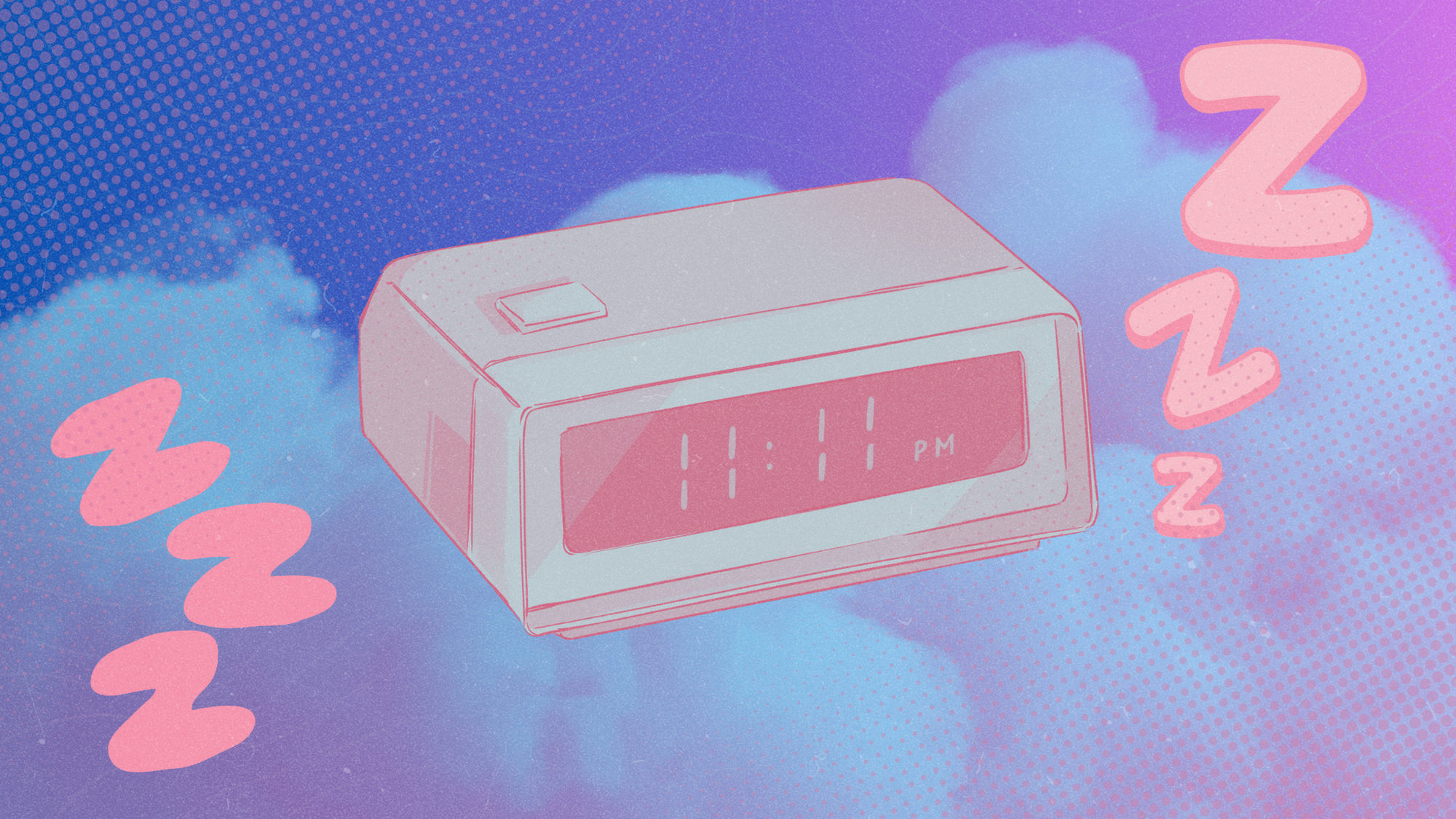




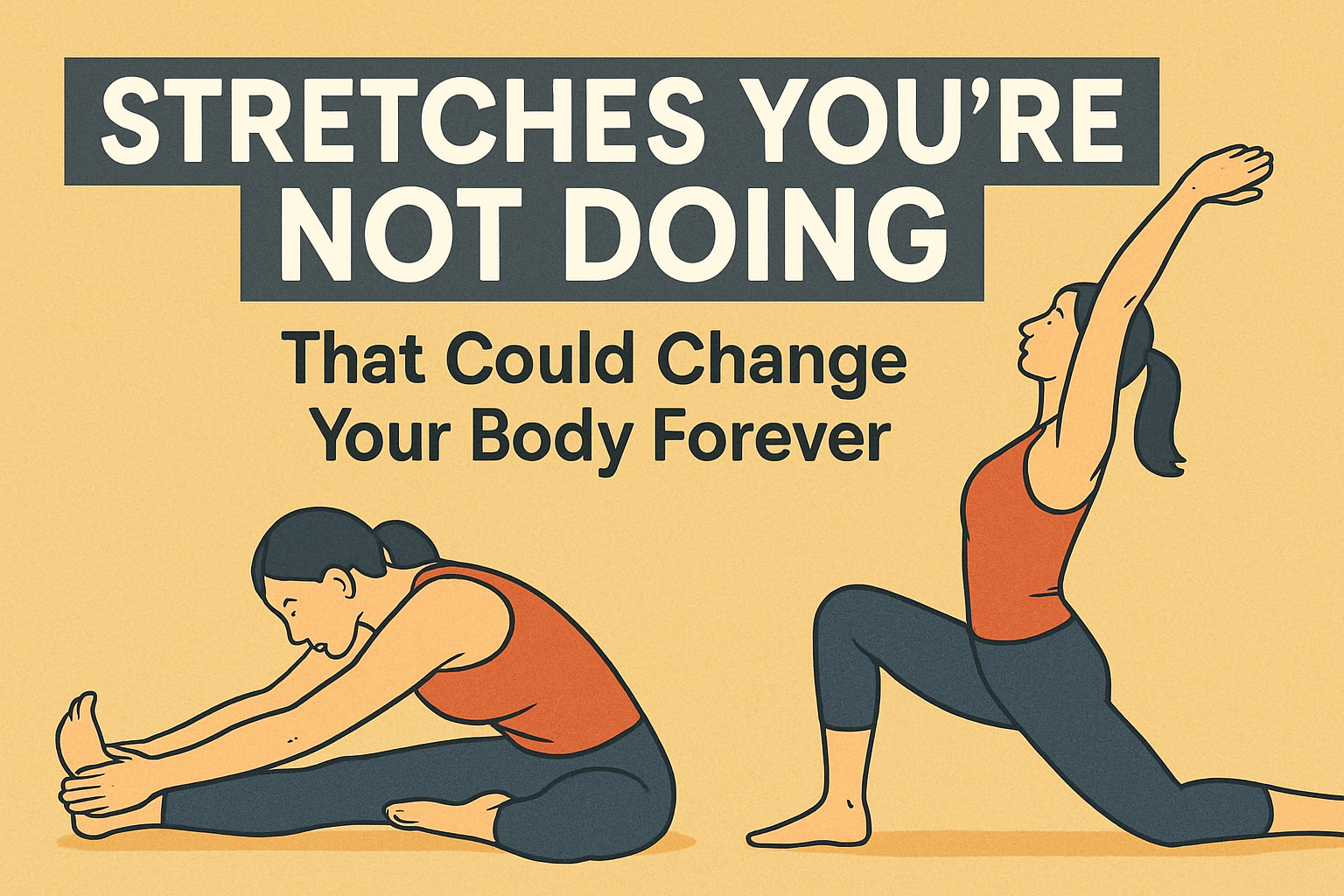
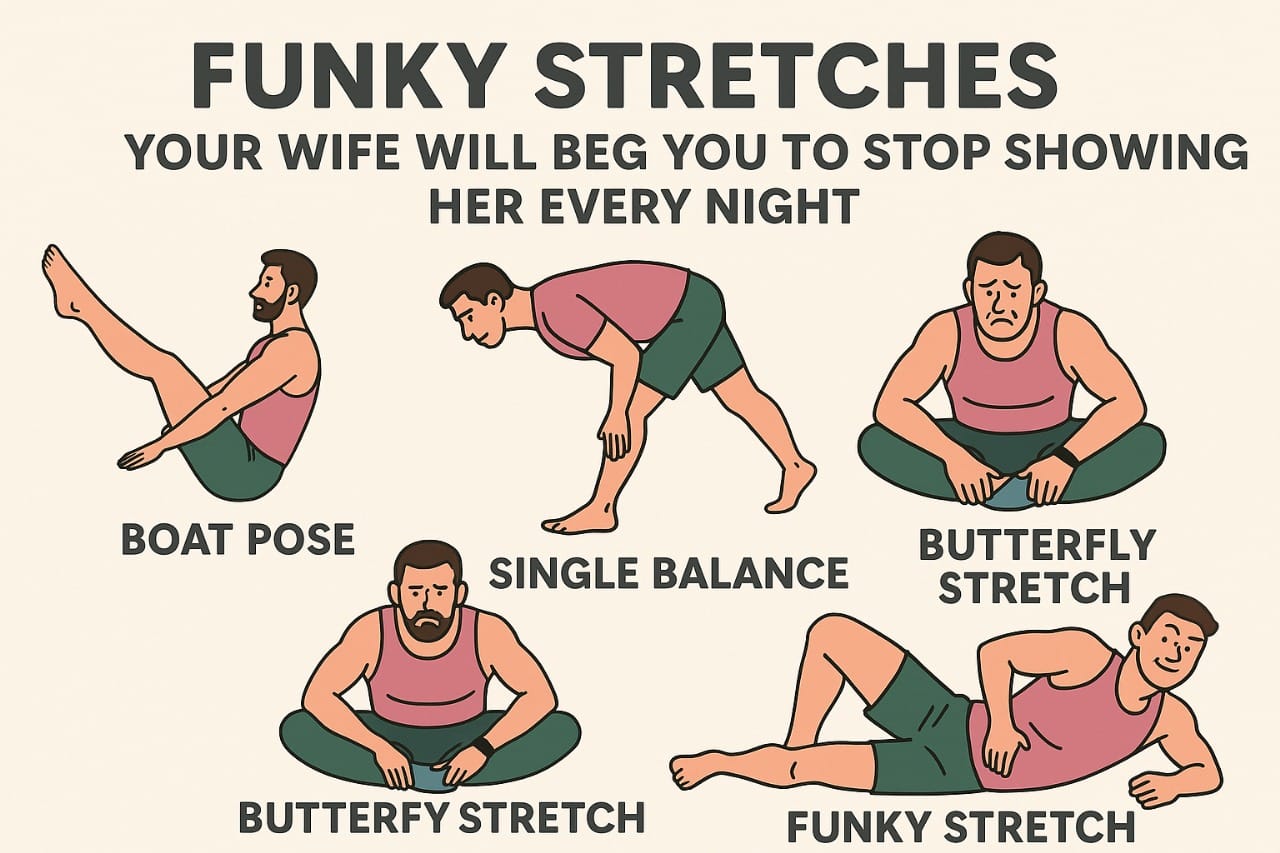
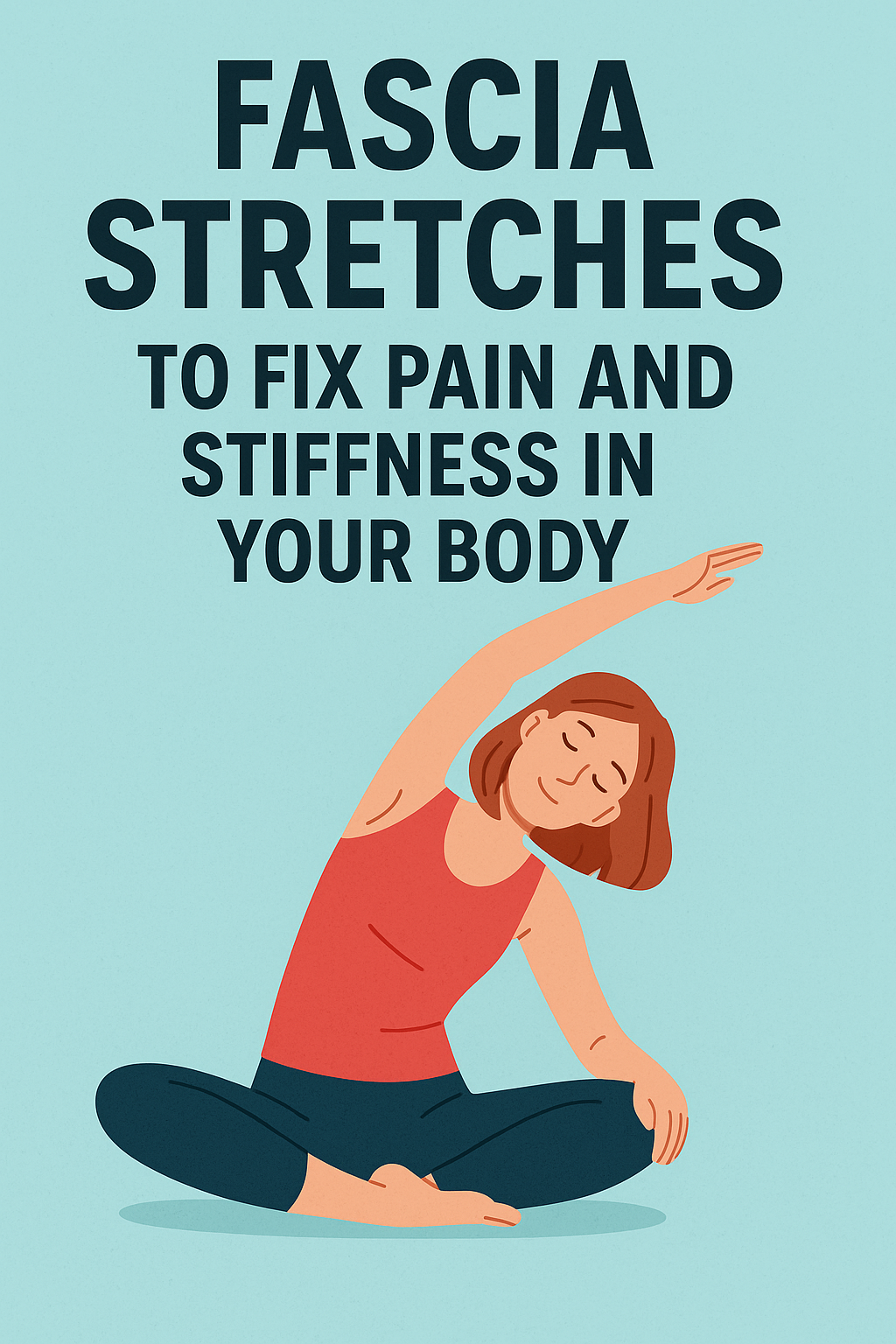
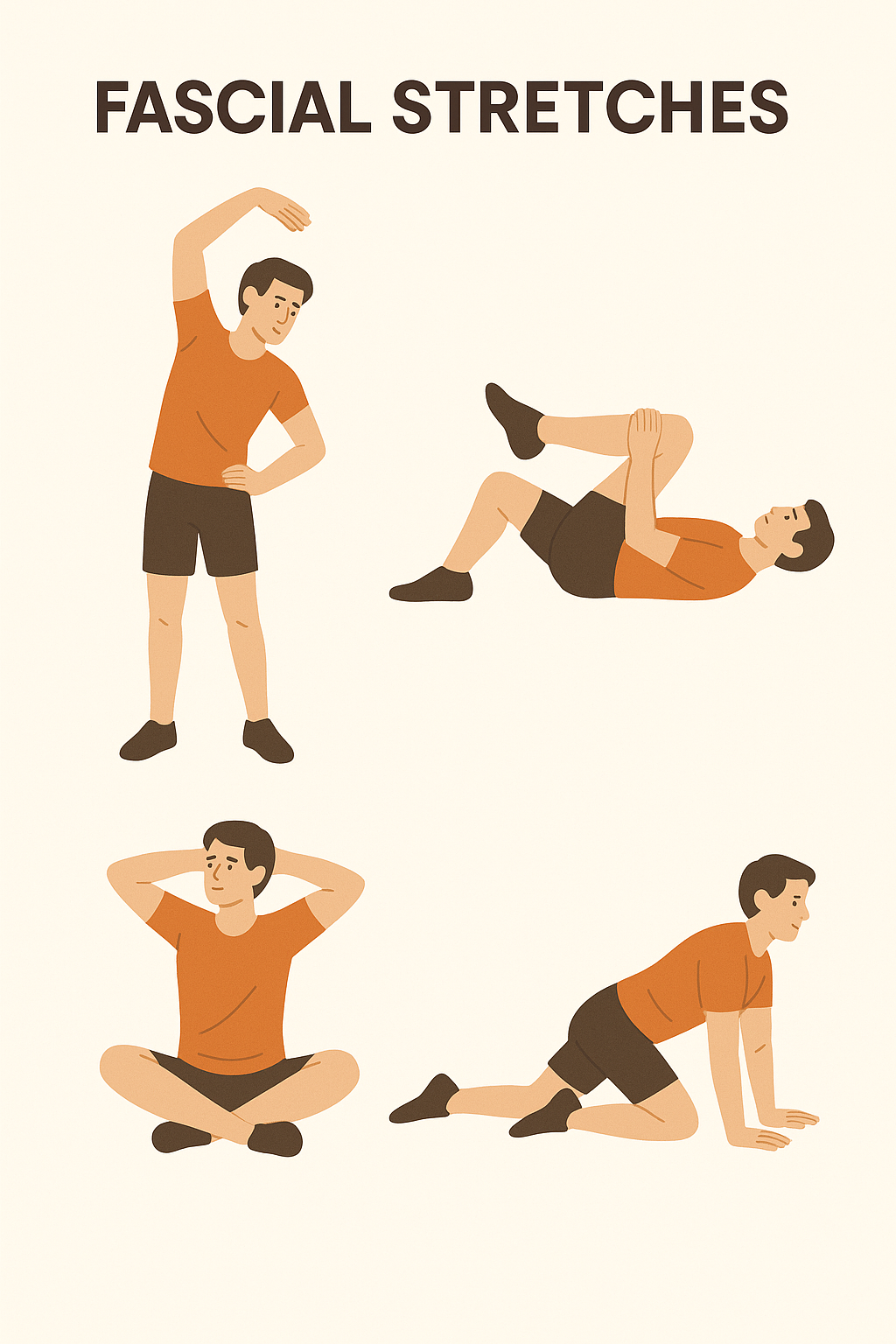
What do you think?
It is nice to know your opinion. Leave a comment.